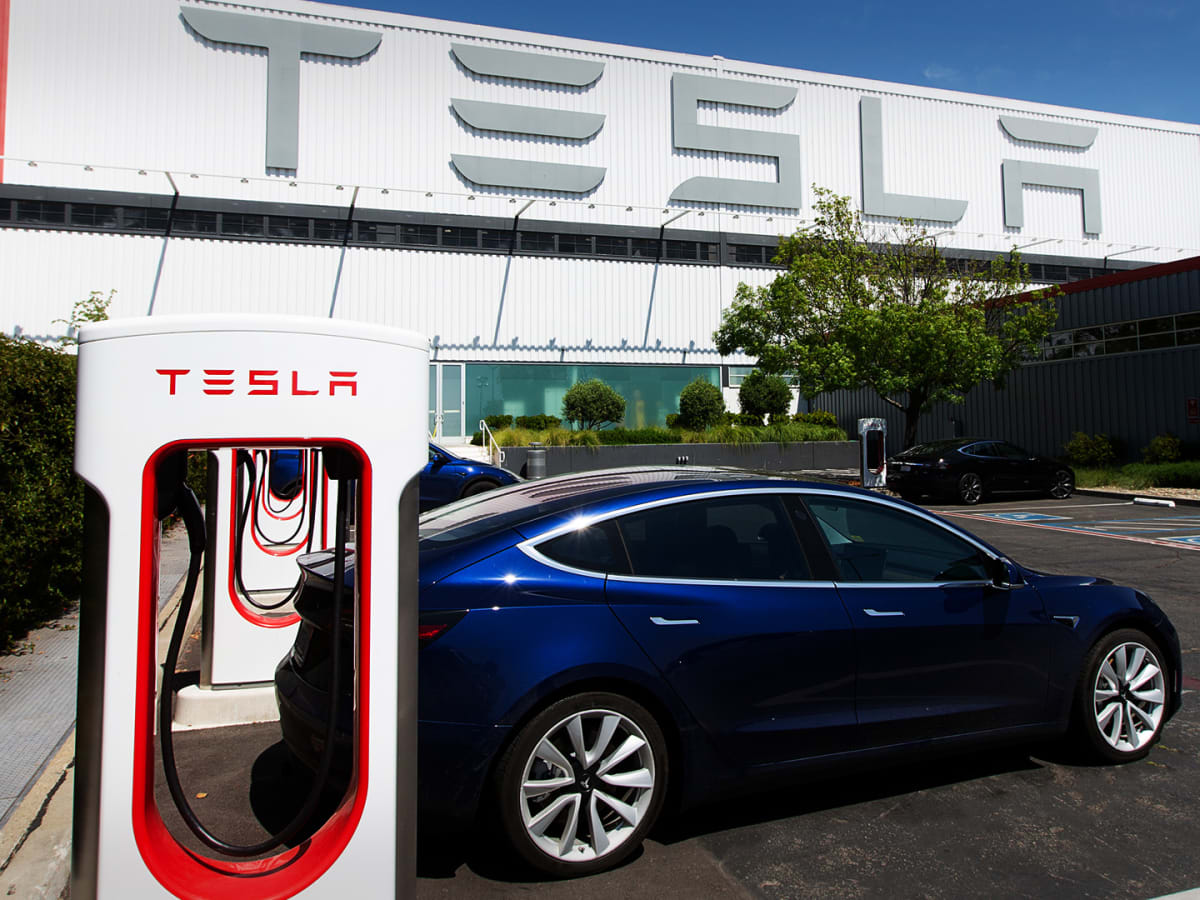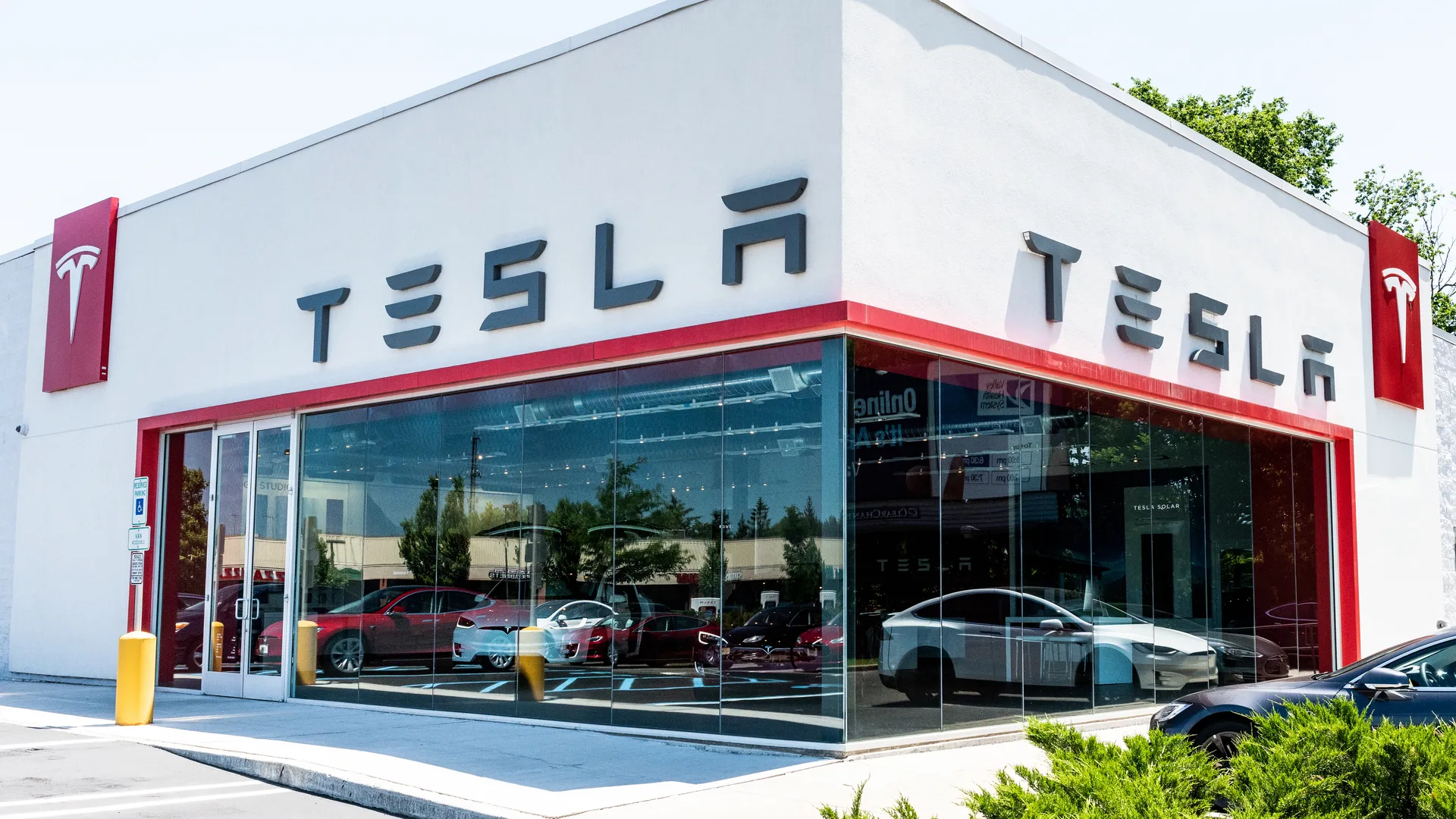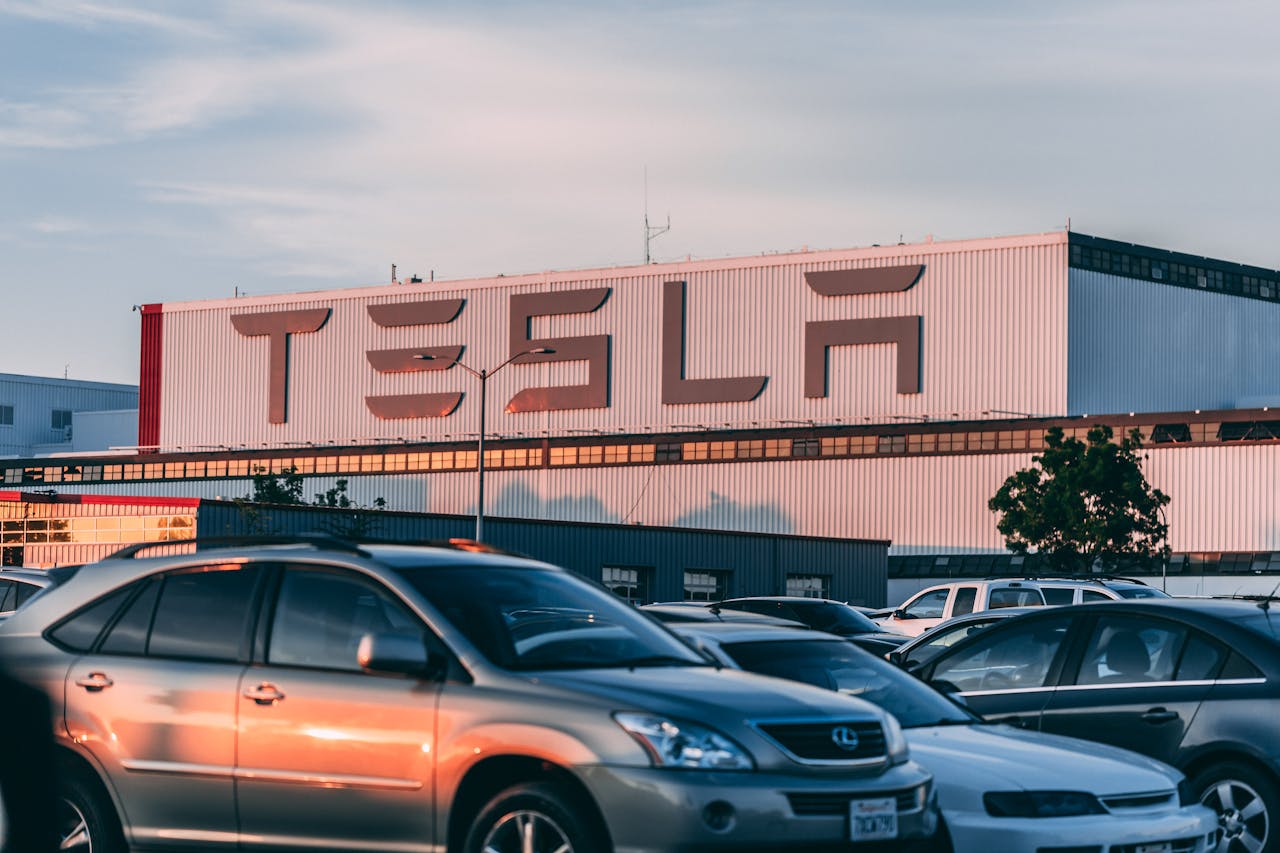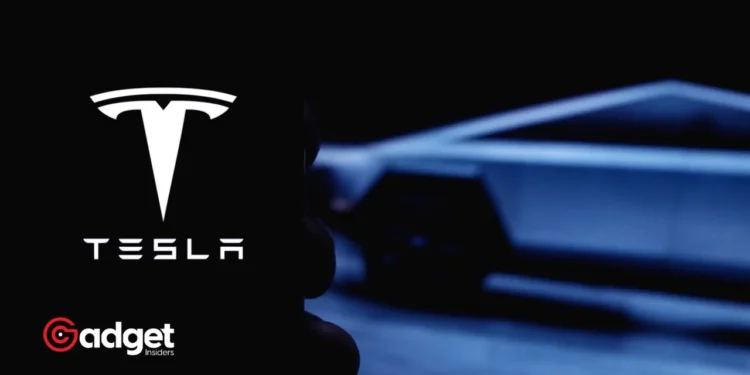As Tesla approaches its earnings report with trepidation, the electric vehicle giant faces what some analysts describe as potential “dark days” ahead. This year has not been kind to Tesla’s stock, which has plummeted by almost 40%, starkly underscoring the myriad challenges—ranging from layoffs to shaky sales—that the company has encountered. With a drastically reduced market capitalization of about $470 billion, down from last year’s figures, Tesla’s position as a technological pioneer is being rigorously tested.

Tesla’s Strategic Shakeup and Investor Worries
At the heart of Tesla’s tumultuous journey is its CEO, Elon Musk, whose ambitious visions for the company have sometimes led to controversial decisions. Recent months have seen Tesla grappling with significant layoffs and strategic shifts, notably moving away from the development of the anticipated affordable Model 2 in favor of enhancing its self-driving technology. Musk’s directive to “go balls to the wall for autonomy” underscores a sharp pivot towards Tesla’s autonomous driving capabilities.
However, this pivot has not been without its consequences. Analysts and investors alike are eyeing the upcoming earnings report with a mix of hope and apprehension. Tesla’s stock currently hovers around $150 per share, a steep decline from the more optimistic $189 target set by analysts earlier this year. This decline is reflective of broader concerns about Tesla’s future direction and its ability to sustain investor confidence amidst shifting market dynamics.
There is a major shift in strategy underway at Tesla right now https://t.co/E6NYB4hn3W
— Whole Mars Catalog (Supervised) (@WholeMarsBlog) April 18, 2024
The Analysts’ Take: Challenges and Predictions
The voices from Wall Street paint a vivid picture of the challenges and expectations surrounding Tesla. Wedbush analyst Daniel Ives has been vocal about the need for Tesla to present a clear roadmap for future products, particularly emphasizing the importance of the Model 2, which is now on hold. The recent “horror show” for investors, as Ives puts it, could lead to darker times if Tesla fails to reassure the market with its strategic decisions.
Conversely, Deutsche Bank has shifted its stance on Tesla, downgrading the stock and reducing its price target from $189 to $123. The shift from a focus on mass-market electric vehicles to full driverless autonomy is seen as a “thesis-changing” move that may necessitate a painful transition for Tesla’s stock.

Amidst these critiques, Morgan Stanley highlights a different aspect of the Tesla saga—the battle over Musk’s compensation and shareholder control. This controversy adds another layer of complexity to Tesla’s narrative, potentially impacting investor trust and corporate governance.
The Future of Tesla: Autonomy and Innovation
Despite the current challenges, some analysts remain optimistic about Tesla’s technological prowess, particularly in autonomy and artificial intelligence. Goldman Sachs regards Tesla as a leader in autonomy, suggesting that its long-term prospects could be buoyed by advancements in software and digital services. Yet, the path to realizing these advancements is fraught with regulatory and technological hurdles, requiring billions of miles of Full Self-Driving (FSD) data to gain regulatory approval.

Tesla’s strategic pivot is not just about technological innovation but also involves significant organizational reshuffling. The sweeping layoffs, which have seen over 14,000 employees let go, are part of a broader effort to streamline operations and prepare for future growth. Musk himself notes the importance of reorganizing Tesla every five years to maintain its competitive edge.
Conclusion: Uncertain Roads Ahead
As Tesla prepares to unveil its first-quarter earnings, the stakes are high, and the investor community remains on edge. The potential shift in Tesla’s investment thesis—from mass-market electric vehicles to a focus on autonomous driving—could redefine the company’s trajectory. However, as Barclays analyst Dan Levy suggests, many questions remain unanswered, leaving investors and analysts pondering Tesla’s ability to navigate its many challenges.
In the dynamic and ever-evolving landscape of electric vehicles and technological innovation, Tesla’s journey is a testament to the complexities of balancing visionary leadership with market realities. As Tesla continues to adapt and evolve, the global market watches closely, eager to see how this industry titan will tackle its next phase of growth amidst uncertainty and heightened scrutiny.










